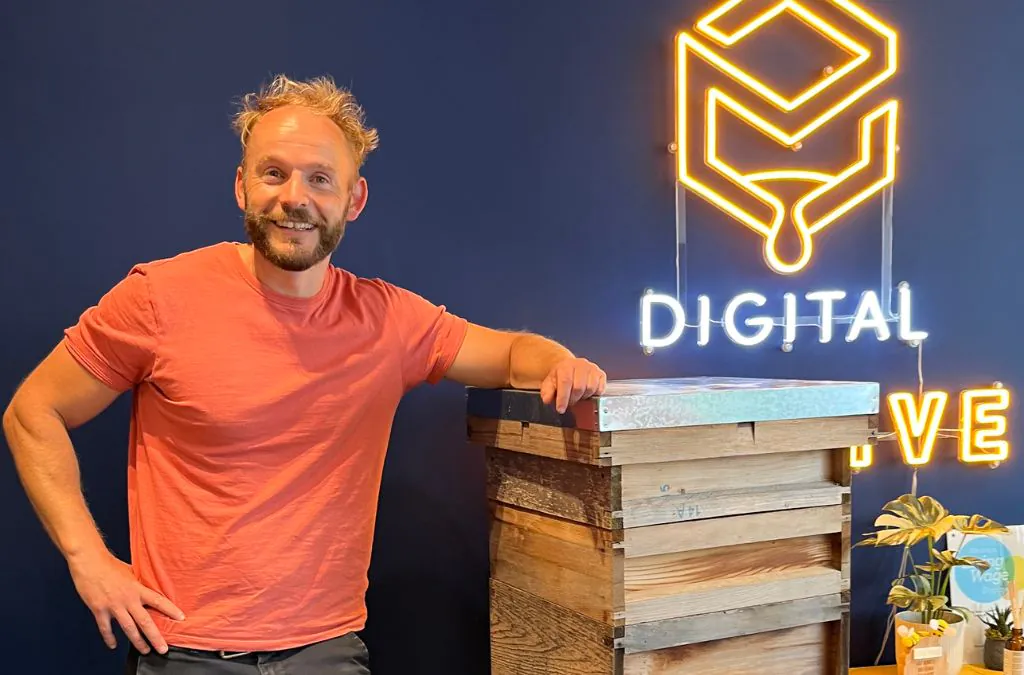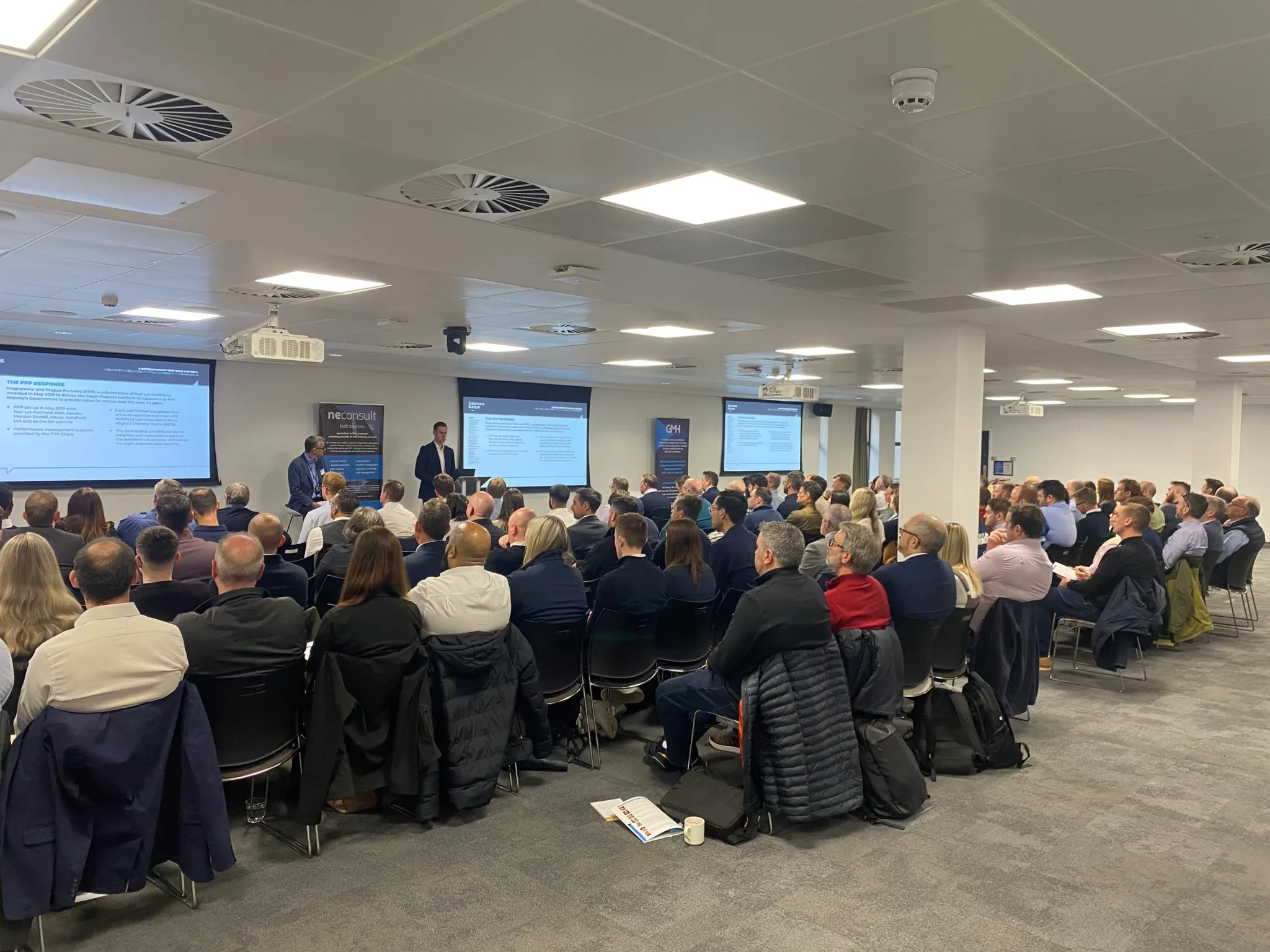Building on the relationship established in 2024, we are now preparing to embark on the branding of a new beehive, which will soon be the new home of our bees and maintained under the expert care of Band of Bees founder, Tom Szpitter.
The hive will be located close to Digital Beehive HQ on Leeds Dock, placing this initiative at the heart of our operations—both geographically and culturally. This visible presence underscores our ongoing commitment to environmental responsibility and community engagement.
Later this summer, our team—along with some enthusiastic new recruits—will be assisting with the rehoming process and participating in the hive’s first honey harvest. With energy, curiosity, and a bit of humour, they’re already preparing to take on their own version of the waggle dance as they get hands-on with bee stewardship.
Environmental Benefits
Bees play an essential role in maintaining the balance and productivity of ecosystems. By supporting pollinator health, this project contributes to a range of recognised environmental outcomes:
– Pollination: Bees enable the growth of fruits, vegetables, and flowers, supporting both local agriculture and biodiversity.
– Biodiversity: A diverse pollinator population helps maintain healthy, resilient plant communities.
– Carbon Sequestration: Thriving ecosystems supported by bees contribute to carbon capture, helping mitigate climate change.
- Sustainable Agriculture: Beekeeping promotes environmentally responsible farming practices and supports food security.
Organisational and Social Value
Beyond its environmental impact, this partnership creates meaningful engagement opportunities for our team. It supports our broader ESG objectives while helping to embed a culture of sustainability within our organisation.
As we prepare to brand and rehome the new hive, this next phase in our partnership with Band of Bees symbolises our continued investment in initiatives that deliver real-world environmental and social value. We believe businesses have a responsibility to play an active role in preserving the ecosystems they benefit from—and this project is one way we’re doing just that.
We look forward to sharing more updates as the hive is established and the honey begins to flow—stay tuned!




